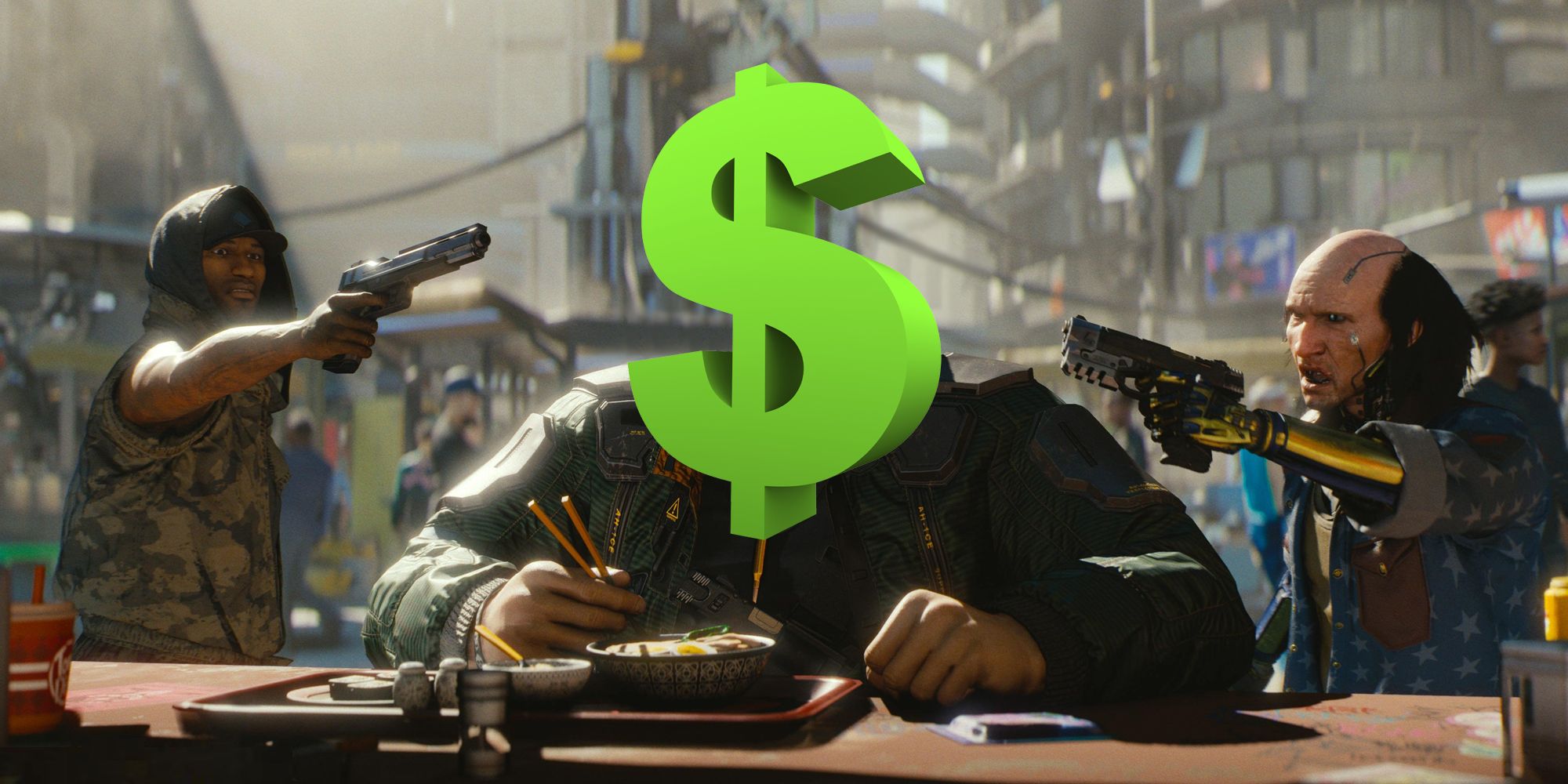The next generation of gaming is just beyond the horizon, with both Microsoft and Sony promising to deliver the cutting-edge graphics, blistering fast load times and never-before-seen experiences that gamers have come to expect from that rare generational leap forward. And if recent rumblings within the industry are any indication, it seems as if this next generation will also bring forth a change that's been all but an inevitability for some time now: an increase in the price of games.
It all started when 2K Games officially unveiled the pricing for its upcoming basketball simulator NBA 2K21. While the PlayStation 4 and Xbox One releases were set at the standard $59.99 price tag that gamers have grown accustomed to over the course of the last 15 years, many were shocked to see that the next-gen versions would cost ten dollars more at $69.99. It's a change that many people will find hard to swallow moving forward, but one that has become unavoidable in the current landscape of the medium.
The last time the standard cost of a video game universally increased was around 2006 when the PlayStation 3 and Xbox 360 had just launched with titles set at a new price point of $59.99, up ten dollars from what was then considered the "normal" cost of $49.99. There was certainly some pushback from consumers with this change, but the rising costs of development and marketing forced companies to increase prices in order for producing a new game to be financially viable.
And while this helped offset the costs for a time, video games have continued to grow more ambitious and technically demanding with each passing year. The average Xbox 360 or PlayStation 3 title took somewhere between 20 to 30 million U.S. dollars to develop from start to finish; for comparison, the recently released The Last of Us Part II is estimated to have cost well over $100 million over the course of its six-year development cycle, while still selling at the same price point as a game from 2006.
It's clear that, in order for game studios to continue creating high-definition, incredibly detailed experiences like the ones gamers have come to expect from the medium, something has to be done in order for triple-A game development to remain a sustainable form of business without making sacrifices to the quality or length of the games themselves. 2K Games may have been the first to announce an increase in prices for its next-gen titles, but it wouldn't be surprising to see other publishers take advantage of the opportunity and band together to establish a new standard price of games for this generation.
While many are sure to be upset by this change, it's something that needs to happen for studios to continue pushing the industry forward in new and exciting ways without having to compromise a specific vision or scale back the scope of a game. Consumers will certainly have a lot to say on the topic in the weeks and months to come, but it'll be exciting to see what kind of experiences developers will be able to deliver once the next generation of gaming kicks off this holiday season.


